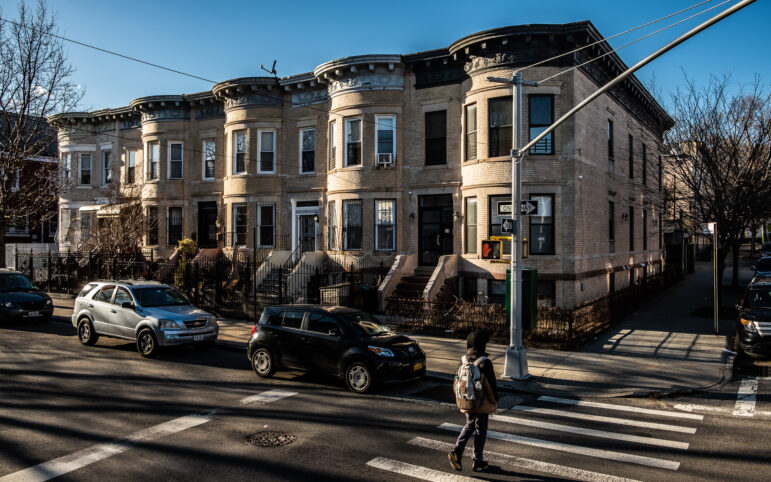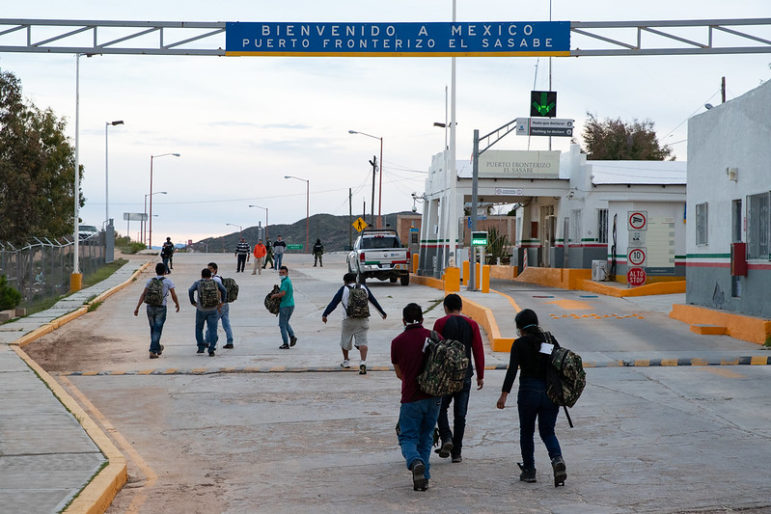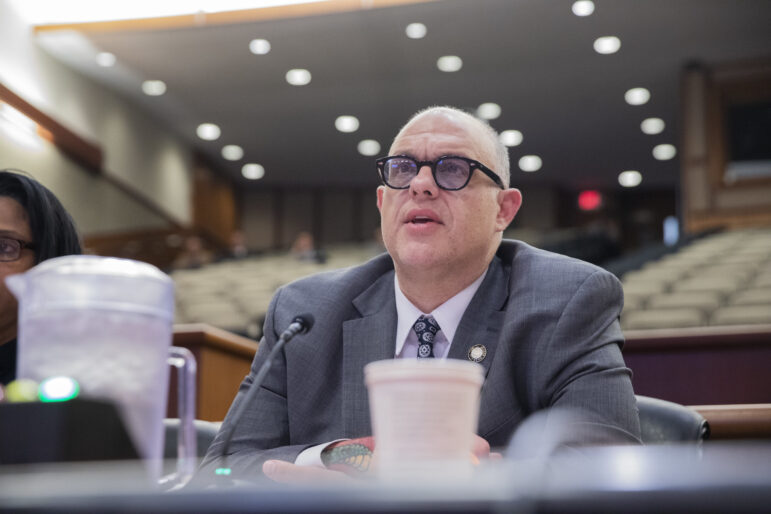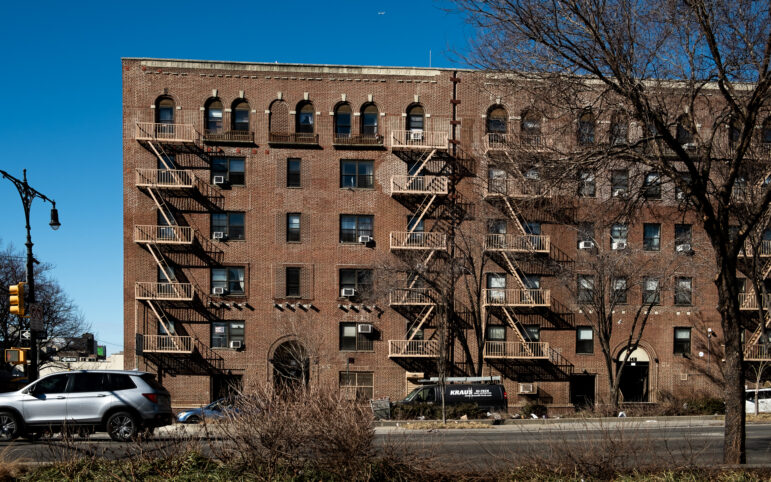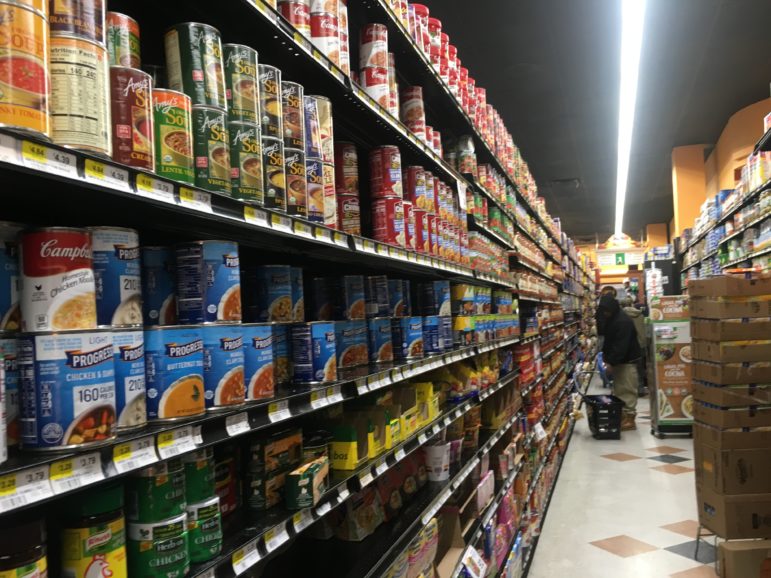
Adina Berliant
In 2018, 14.7 million (nearly one in ten) U.S. workers, most of whom were in service jobs, were paid so little that they couldn’t afford food.As families who can afford to do so stock their pantries to prepare for the unpredictable effects of the coronavirus, let’s not neglect the fate of the 37 million low-income, food-insecure Americans who couldn’t afford to fill their cupboards even before this crisis hit. One million of those people struggling against hunger live in New York City
Unless government takes immediate, bold action, those Americans will be hit even harder, and their troubles will likely extend long beyond the life of the epidemic.
In 2018, when the stock market was still soaring, the U.S. Department of Agriculture found that one out of seven U.S. children lived in households that struggled against hunger. That’s why it’s so critical, on normal school days, that 29 million U.S. kids get federally-funded free or reduced-priced breakfast, lunches, or after-school snacks. In New York City alone, kids get more than one million school meals per day. For that reason, the only kids in America who don’t celebrate snow days off from school are hungry ones.
If schools close for weeks at a time due to the coronavirus, unprecedented numbers of children will go without school meals. Given the mass numbers of schools already closed, the emergency has begun.
To make matters worse, this is the first time in modern U.S. history that a mass public health crises is being combined with an economic collapse.
In 2018, 14.7 million (nearly one in ten) U.S. workers, most of whom were in service jobs, were paid so little that they couldn’t afford food. Now many of those same people will be unemployed or have their meager incomes slashed as their workplaces close or shrink. For employees dependent on tipped wages (including restaurant and hotel workers and taxi and car service drivers), even if they nominally keep their jobs, their income will be dramatically reduced.
It’s heart-warming that American charities and volunteers are stepping up to help. But, even in the best of times, the charitable sector can only dent the nation’s massive poverty and hunger problem. Only the government has the resources and scope to tackle this expanded food crises.
In natural disasters, one of the most commons way for the government to distribute food is to open sites for the mass distribution sites of commodities or hot meals. But if schools and workplaces are closed specifically to prevent people from congregating, then feeding large numbers of people together could be counter-productive.
 CityViews are readers’ opinions, not those of City Limits. Add your voice today!
CityViews are readers’ opinions, not those of City Limits. Add your voice today!
The best response is to enable low-income families to obtain more food they can purchase at stores and markets and eat at home through programs such as SNAP (formerly called Food Stamps) and WIC, which provides nutritional supplements to pregnant women and children under five. That needs to happen fast. The full Congress and President Trump should immediately enact the proposal of House Speaker Pelosi and Senate Democratic Leader Schumer to increase funding for SNAP, WIC, and boost food and funding for food banks, soup kitchens, and food pantries. They should also agree to stop the Trump Administration’s plans, scheduled to take effect April 1, to make it more difficult for unemployed people to receive SNAP.
As it did during the last federal shut-down, the federal government should allow states to provide the next month’s SNAP and WIC benefits to participants in advance.
Federal, state, city, county, and tribal government agencies should work together and with non-profit groups to find creative ways to deliver more meals directly to the homes of people in need, taking care to ensure that those staff and volunteers delivering the food have the proper clothing, equipment, and training to make sure they don’t get sick while doing so.
The feds should offer local meals on wheel programs nationwide – which mostly now serve older Americans – as well as regional food banks, the option of receiving more food and transportation funds to deliver food directly to shut-in Americans of all ages. Participants in the federally-funded AmeriCorps national service program should also be enlisted to deliver meals.
The urge to stock our own pantries is understandable. Let’s make sure everyone in America can do so.
Joel Berg is CEO of Hunger Free America, a nationwide advocacy and direct service organization, and author of the book America, We Need to Talk: a Self Help Book for the Nation.


